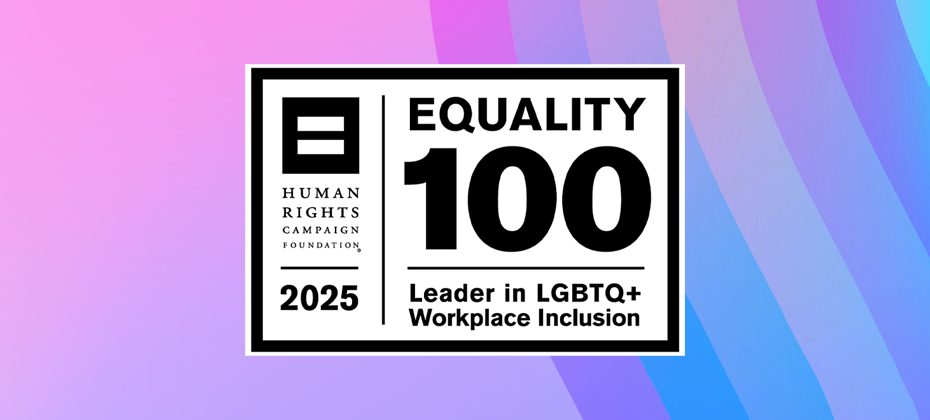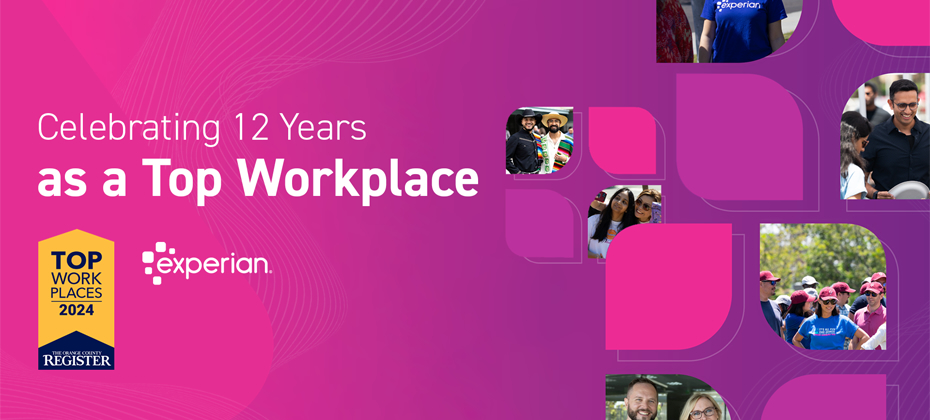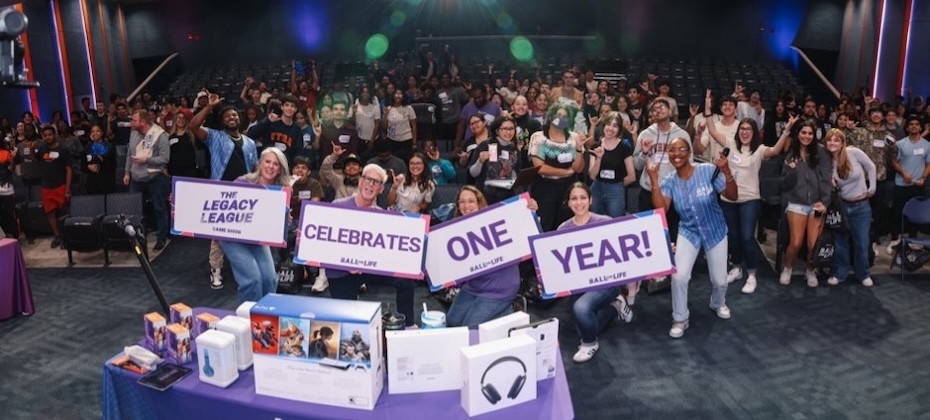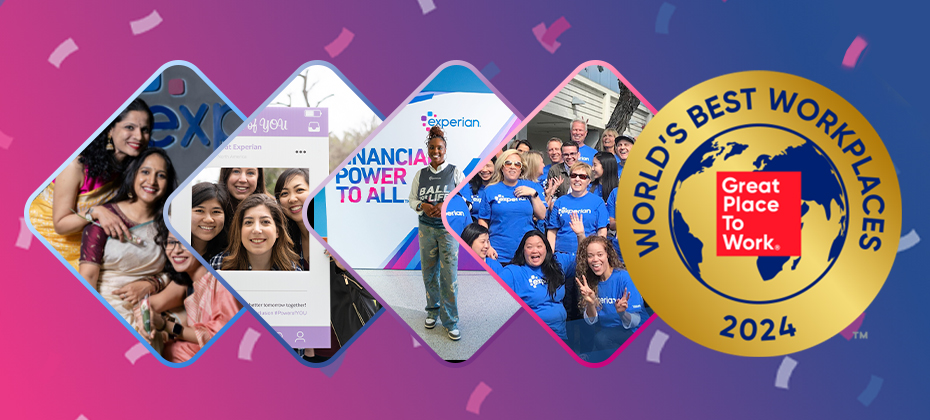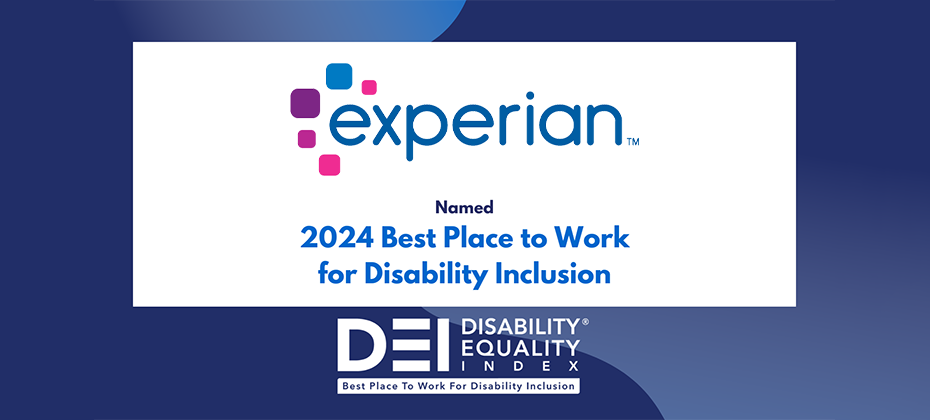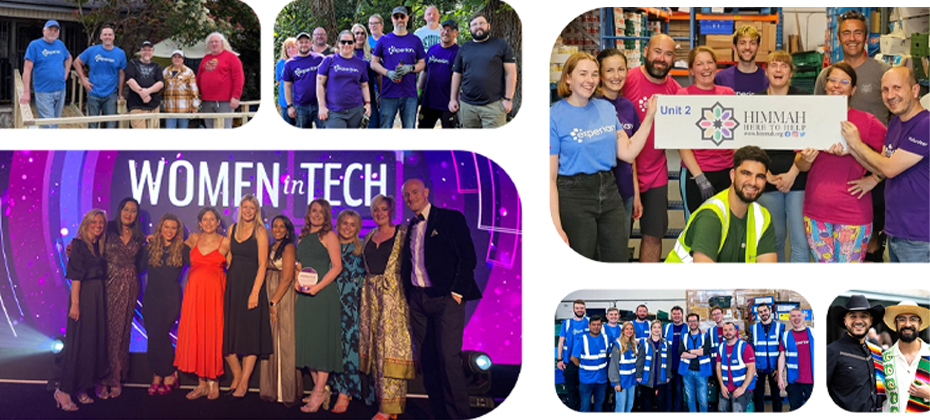At A Glance
At a Glance When an unknown printer took a galley of type and scrambled it to make a type 2ince the 1500s, when an unknown printer took a galley of type and scrambled it to make a type specimen book. It has survived not only five centuries, but also the leap into electronic typesetting, remaining essentially unchanged. It was popularised in the 1960s with the release ince the 1500s, when an unknown printer took a galley of type and scrambled it to make a type specimen book. It has survived not only five centuries, but also the leap into electronic typesetting, remaining essentially unchanged. It was popularised in the 1960s with the releaseince the 1500s, when an unknown printer took a galley of type and scrambled it to make a type specimen book. It has survived not only five centuries, but also the leap into electronic typesetting, remaining essentially unchanged. It was popularised in the 1960s with the releaseince the 1500s, when an unknown printer took a galley of type and scrambled it to make a type specimen book. It has survived not only five centuries, but also the leap into electronic typesetting, remaining essentially unchanged. It was popularised in the 1960s with the releaseince the 1500s, when an unknown printer took a galley of type and scrambled it to make a type specimen book. It has survived not only five centuries, but also the leap into electronic typesetting, remaining essentially unchanged. It was popularised in the 1960s with the release

At Experian, we are committed to educating consumers about how to manage their credit histories and protect their financial health. At the same time, we know the COVID-19 pandemic has created a difficult economic reality for millions of Americans. In response, many people have questions about how to protect themselves financially, including their credit histories and scores. To address these questions, we partnered with pro football legend and American Ninja Warrior host Akbar Gbajabiamila to educate consumers across the country about steps they can take to protect their financial health and their credit standing. Gbajabiamila, author of “Everyone Can be a Ninja,” is passionate about helping people develop a financial game plan and he understands having a good credit history is a key component of good financial health. These interviews provided a platform for Gbajabiamila to share the four-point financial fitness game plan consumers can use protect and improve their financial health during the pandemic, including: Contacting your lenders as soon as possible if you think you may miss a payment. Many lenders provide emergency support, which can help protect your credit standing. Getting credit for paying cable, satellite, internet, Netflix and utility bills on time with Experian Boost Exploring balance transfer options or other introductory credit offers through Experian Credit Match Checking your credit report regularly. It’s free once a week at AnnualCreditReport.com. Tune in to Gbajabiamila’s interview with NBC Washington and hear his message to consumers in the videos below. For more credit education resources and tools: Join Experian’s #CreditChat hosted by @Experian on Twitter with financial experts every Wednesday at 3 p.m. Eastern time Visit the Ask Experian blog for answers to common questions, advice and education about credit For additional resources visit www.experian.com/coronavirus

In 2013, I came out to my brother. Sitting down at dinner, knowing whole-heartedly that he would fully accept me and nothing with our relationship would change, I was still scared. Each year on October 11, National Coming Out Day, I reflect on that first coming out experience and what I truly feared. Even though I knew I was safe, I also knew that coming out to him was just the start of coming out every single day for the rest of my life. It was the start of facing discrimination and judgment both in day-to-day life and professionally. It wasn’t a decision I made lightly. Coincidently, my brother came out to me at that very same dinner which certainly took some weight and anxiety off my shoulders. We came out to our family, together later that week and we were welcomed with love, acceptance, and support. The unconditional support I received is not normal, but my anxiety around the process was. I am grateful and quite lucky that my initial coming out process to my family was, for lack of a better term, easy. Like many others I don’t experience that same ease everywhere I go. I have been asked to leave restaurants, turned away from stores, spat on multiple times, and even asked to leave mass during service. I am regularly questioned when entering or leaving a women’s public restroom. Michele Bodda, our executive co-sponsor of Experian’s Pride employee resource group, said it perfectly in her message two years ago, “The difficulty some of our LGBT+ colleagues face making daily decisions about where they can be fully present aren’t merely insecurities. They are the realities of being LGBT+.” Let that sink in. Coming out is not a one and done experience, it is something we do over and over throughout our lives. That reality impacts people in different ways, and it’s why acknowledging National Coming Out Day means so much to me – why it means so much to many others. I feel particularly fortunate to work for a company that celebrates and recognizes our uniqueness. I know many people at Experian, like myself, who feel empowered and supported to bring their whole self to work and that reality is assuring, professionally and personally. I have been told I am brave for bringing forth my full authentic self each day. During a time of such global anxiety, uncertainty, and open expressions of intolerance and hatred, being a voice of empowerment, representation, and visibility for folks who do not feel comfortable being out is more important than ever. I’m willing to be a voice so others know they are not alone. Be brave with me. And if you’re not ready, I understand. I’m here for you when you are.

In a world that was already becoming increasingly digital, COVID-19 expedited timelines and turned forecasted projects into immediate needs nearly overnight. I’ve seen this play out in my role at Experian as well as across the financial services industry. Experian was recognized as an innovative company prior to the pandemic and the current environment has only accelerated our ability to innovate. As we surpassed the six month mark adjusting to our new normal, I was invited to join Bloomberg’s Future of Finance: Leveraging Digital Transformation for a Virtual World roundtable discussion with Senior Analyst of Bloomberg Intelligence Julia Chariell and leaders from IBM, Ally Financial, Deutsche Bank and others, to share how we are rising to meet the needs of consumers and lenders during the COVID-19 pandemic. You can find a recap of our conversation here and view the full video discussion here. We know each American is facing unique COVID-19-related circumstances, so there is not a one-size-fits-all solution. This notion has carried us as we are rising to meet the needs of our clients and consumers during the pandemic. We must allow individuals who can still meet their financial obligations to have access to credit and ensure lenders can identify them. Maintaining and improving financial access for these consumers will play an important role in our road to economic recovery. To continue to lend responsibly, the financial services industry must carefully examine all aspects of consumer financial capability in near real-time – consumer control and consumer-permissioned data play a key role in achieving this. By leveraging accurate data, I believe we have a chance to lessen the impact of the current U.S. economic crisis, extend credit responsibly, and support the hardest-hit consumers as we adjust to a new world post COVID-19.

Identity has always been the cornerstone of the advertising ecosystem; the connective tissue that helps brands create a more relevant experience for consumers. For the past 20-plus years, identity has heavily relied on the third-party cookie. But with the third-party cookie set to become obsolete in the next year and a half, and to a lesser, unknown extent, Apple’s pullback on the identifier for advertisers (IDFA), the industry needs to re-evaluate and adapt. Without the third-party cookie, identity is a bit more complicated. Consumers engage brands through hundreds of different devices, apps and channels—and with walled gardens and disparate data sources, it’s tough to connect these digital touchpoints together. Add to that, the hundreds of offline interactions consumers have, and the single-customer view is unattainable; at least without the right data resources and partners. With little concrete direction on how to move forward in the post-cookie world, finding the right identity resolution partner can help you connect digital and offline touchpoints and better understand consumers. Forrester recently released its Now Tech: Identity Resolution, Q3 2020 report, identifying 28 identity resolution providers that can help with identity data management, analysis and measurement. Experian is proud to be included on the list. These identity resolution products serve a number of different use cases and it is important to select a vendor that you can trust while navigating this dynamic market. The new report states “Marketers must proactively calculate how industry changes impact identity resolution and marketing efforts, evaluate current partners’ ability to accommodate changes, and consider alternative providers and approaches.” Finding new ways to approach identity resolution is challenging in such a dynamic industry; the path forward likely isn’t rooted in a single identifier. Experian is committed to helping you resolve consumer identities. Our solutions connect consumers at every touchpoint and execute matching in a privacy-compliant manner. The phase-out of third-party cookies has already changed the advertising industry as we know it. But the deprecation of third-party cookies does not mean then end of people-based advertising; we still need to provide a relevant experience for consumers. The balance between data privacy and security with relevancy is achievable; the right partner can help you get there. Learn more about how Experian can help you resolve customer identities.

It’s been an interesting – and inspiring – six months. My short time as part of the Experian family (following the acquisition of MyHealthDirect last year) has exposed me to the extensive capabilities and innovative mindsets this company offers, and that has clearly been on display during the pandemic. It’s been amazing to see what Experian has accomplished in such a short time to turn around tools and resources that can help healthcare organizations better operate in the “new normal.” With our expertise in providing front and back-end technology and data sets that are vital for operating patient engagement, revenue cycle, care and identity management solutions, we felt we were well-suited to address some of the new systematic needs healthcare organizations would face in light of the pandemic. Experian’s mantra is to apply “data for good” and we pressed the gas pedal to leverage what products and data we had that could address COVID-related operational issues. Additionally, we looked to innovate in ways that addressed the needs of our clients. Our efforts produced new, free resources such as the following: Experian COVID-19 Outlook and Response Evaluator (CORE) – this “heat map” is intended to guide healthcare organizations and government agencies as they plan for coronavirus recovery. The map leverages de-identified data such as pre-existing conditions and social determinants of health to form a comprehensive picture that predicts possible pandemic impact on communities. Staffing, supplies, community outreach and facilities planning all benefit from any kind of “advance warning.” Payer Alerts Portal – a free comprehensive list of payer modifications including COVID-19 and telehealth payer policy alerts for United States hospitals, medical groups, pharmacies and specialty healthcare service organizations pulled from reviews of over 52,000 Web pages operated by more than 475 payers. These alerts deliver a comprehensive overview of the latest policy and procedure changes, as well as a link to the source of the payer policy, so providers can quickly make required adjustments, save time and streamline operations. In addition, Experian has helped clients quickly secure remote patient access to portals and scheduling as the pandemic necessitated a quick pivot to “contactless” healthcare. We also worked with our clients to enable their work-at-home transitions, maintaining access and functionality for collections and reimbursement – both for pandemic-related services and as they slowly brought elective procedures back online. And, our revenue cycle management products have served as a critical part of many clients’ focus on recovering revenue lost to the national shutdown. In times of crisis, heroes are more visible. These incredible challenges can bring out the best in people. Working with our healthcare clients every day has left us in awe of those who work tirelessly to take care of COVID-19 patients (and ALL that comes with that role) despite many obstacles. They inspire us and we are forever grateful. To access these resources, visit our COVID-19 Resource Center at https://www.experian.com/healthcare/client-services/covid-19/resource-center.

Today’s customer needs are ever-evolving and businesses both large and small are reshaping the customer journey at an unprecedented pace. Businesses are looking for solutions that are secure, easily scalable to meet emerging needs and changes in demand, and seamlessly upgrade to avoid getting stuck on outdated software. To enable organisations to keep up with the pace of change, Experian has developed a new set of cloud-based solutions designed for companies that seek to automate decisions across an increasingly complex customer journey. The new release includes both pre-configured solutions for organizations that prefer standard ‘out-of-the-box’ applications and highly configurable solutions for clients with sophisticated, decision-driven business processes. We want to offer more businesses access to Experian’s award-winning decisioning platform. Pre-configured SaaS solutions bring Experian’s rich data, analytics, decisioning capabilities, and expertise in credit risk to new markets, while we are able to continue to serve our largest enterprise clients with a full range of decisioning capabilities. With both options, businesses can benefit from the entire PowerCurve platform or select custom capabilities that address specific needs. PowerCurve solutions available on the cloud include: PowerCurve Customer Acquisition – an ‘out-of-the-box’ solution designed to help businesses quickly acquire high-value customers. PowerCurve Eligibility Check – an ‘out-of-the-box’ solution designed to help lenders automatically assess which prospects are the right fit for their credit products. PowerCurve Strategy Management – a highly customizable cloud-based solution that helps businesses drive higher performance with more insightful and dynamic decisions. PowerCurve Originations – a highly customizable cloud-based solution that helps businesses acquire more profitable customers through adaptive and targeted approaches. PowerCurve, which is used by 2,000 companies across the globe, is a platform to help businesses make analytically driven decisions and adopt the most effective decision management strategies across the entire Customer Life Cycle. Highly configurable PowerCurve solutions are available on the cloud in all regions and cloud-based; pre-configured solutions vary by market.

In the midst of COVID-19, we’ve seen the digital transformation accelerate at a rapid pace—and it’s likely to continue in the months and years ahead. According to McKinsey & Company’s COVID-19 Consumer Pulse survey, most business types have seen more than 10 percent growth in their online customer base during the pandemic and many consumers plan to continue shopping online when store locations reopen. While the shift to digital began well before COVID-19, what does the sudden spike mean for marketers? In short, it means digital campaigns have become mission critical—and subsequently, data has become more important than ever. People are more than just their interactions with your brand. They consume information and engage other brands from multiple devices and channels, resulting in hundreds of digital touchpoints. You need to use data to connect these touchpoints to better understand your audiences’ needs, inform your messaging, optimize digital campaigns, and most importantly, build and establish a human connection. Businesses have troves and troves of data, but oftentimes struggle to generate insights. You need to find the right partner to help manage the data and unlock its potential. To help, Forrester recently released its Now Tech: Consumer Data Marketing Services, Q3 2020 report that provides an overview of 22 consumer data marketing providers that can help you leverage your first-party data and create a more comprehensive view of customers and prospects—Experian is proud to be included in the list. Finding the right partner is important; you have to remember data is a privilege and you need a partner that can help you provide value to your customers—otherwise, trust can quickly erode. And without trust, data and your marketing campaigns become obsolete. Identify what matters most to you. Do you need to enrich your current database? Build look-a-like audiences? Do you need to connect digital and offline identities? Do you need to activate your data? With a strong foundation in data and identity resolution, Experian is committed to helping you learn more about your customers and help them navigate their unique circumstances. Experian's ConsumerViewSM database includes attributes on more than 300 million consumers and 126 million households, including demographic data, purchasing behavior, and lifestyle information. In addition, our MarketingConnectSM platform eliminates the need for disparate solutions and enables marketers to access and manage offline and online customer identity attributes, such as MAIDs and IPs. Now, more than ever, consumers want to be heard. You need a data-driven strategy to meet that expectation. The right partner can help you expand what you already know about your customers and allow you to communicate with them effectively and address their most pressing needs. Learn more about how Experian can help you maximize the potential of your data.

In May 2020, Experian launched Sure Profile and became the first company with an offering to fight synthetic identity fraud that’s integrated into the credit profile with market-leading assurance. In fact, we are so confident in our solution that we’ll share in loan losses on assured profiles if we get it wrong, a first for the industry. Recently, International Data Corporation (IDC) highlighted Sure Profile in the report, IDC, Synthetic Identity Fraud Update: Effects of COVID-19 and a Potential Cure from Experian (doc #US46690220, July 2020) stating “IDC Financial Insights believes that Experian's Sure Profile has the potential to have market disrupting effects in the battle against SIF (synthetic identity fraud).” According to McKinsey, synthetic identity fraud is the fastest growing financial crime in the United States, accounting for 10% to 15% of lender losses each year. Synthetic identity fraud occurs when fraudsters combine real and fake information to create “Frankenstein IDs” which are then used to obtain credit or to add these identities as authorized users to existing credit accounts. Then, financial institutions report the identities to credit reporting agencies. A new record with the false information is created and subsequently, the synthetic identity can be used to generate other fake accounts. It is a significant problem that Juniper Research expects will lead to $48 billion in annual online payment fraud losses by 2023. IDC recommends that financial institutions consider Sure Profile when researching how to fight synthetic identity fraud. For institutions that use an analytical platform to detect synthetic identities, IDC suggests examining Sure Profile to see how it can supplement their models, or even replace them. "Synthetic identity fraud is a massive problem for banks, and I believe that the effects of COVID-19 will exacerbate the problem. However, at the same time, Experian launched a new offering that I believe will be a game changer for how banks attack the synthetic identity problem." — Steven D'Alfonso, research director, IDC Financial Insights Sure Profile validates identities, detects profiles that have an increased risk for synthetic identity fraud and helps cover resulting losses for assured profiles. Leveraging the capabilities of the Experian Ascend Identity Platform™, it uses data to drive advanced analytics, including newly developed machine learning models that predict the likelihood of synthetic identity behavior. Sure Profile provides lenders a simple approach to define and detect synthetic identities early in the originations process. To learn more, check out Experian's Sure Profile.

As financial uncertainty persists, you may find yourself turning to your credit cards to get through this challenging time. While credit cards can be a valuable financial tool when used wisely, they can also be a source of financial stress if you find yourself charging more than you’re able to pay back. Not managing your debt well can also affect your credit utilization, a term you’ve probably heard of but may not know much about. Simply put, credit utilization measures the amount of available credit you’re using on your credit cards. It’s a ratio of your outstanding balance to your overall credit limit. So, what does it mean for your credit score? Let’s unpack some myths and facts that may help you understand the importance of credit utilization, as well as ways to calculate and manage your utilization. Myths vs. Facts Myth: Credit utilization has no impact on your credit score if you pay your bills on time. Fact: In FICO’s most commonly used credit-scoring model, debt and credit utilization account for 30% of your overall score, second only to your payment history. This means the closer you are to your credit card limit, the lower your credit score might be. Aim to keep your utilization per credit card as low as possible to safeguard your score. As your utilization ratio approaches 30 percent of your limits, your scores will begin to decrease much more rapidly. People with the best scores generally have utilization of less than 10 percent, and you never want it to exceed 30%. Myth: If you max out a credit card, you should take out a new card to free up your overall credit limit and improve your utilization ratio. Fact: There are two types of credit utilization measurement: per-card and overall. Per-card utilization looks at your ratio of debt to credit limit on an individual card basis. Overall utilization takes your total utilization across all cards into account. Credit scoring models take both per-card and overall utilization into account, so having just one maxed out card could hurt your credit score. Opening a new account also introduces several aspects that may actually increase your risk. There is a new inquiry. A brand new account has been added to your credit report that you haven’t started to pay on, yet. And because scores require three to six months of activity before being included in score calculations, it’s not helping your scores. In fact, the risk associated with opening a new account may outweigh any potential benefit of reducing your utilization rate. Myth: Once you pay off a credit card, your credit score will improve. Fact: While your credit score could see improvements if you pay off a credit card, the impact may not be immediate. Your lender reports your account status about once a month, so it could be several weeks before your report is updated. Scores calculated after your report is updated will reflect the paid off amount. Depending on when you made a payment, it could take a full billing cycle before your credit report is updated and your credit score reflects those changes. Now that we’ve established the basics of credit utilization and how it can impact your score, consider how to keep it in check. Calculate your utilization The first step to getting your utilization rate in a good place is to determine your current utilization percentage. You can calculate your utilization rate by: Adding up the total balances on all credit cards Adding up the total credit limit across credit cards Dividing the total balance (from step 1) by the total credit limit (from step 2) Multiplying this number by 100 to see your credit utilization ratio as an easy-to-read percentage Manage your utilization Thirty percent utilization is not a goal or target. This is a common misconception about credit utilization. Thirty percent is a number you should strive to stay as far below as possible. It represents a mathematical limit at which your scores will begin to plummet. The lower your utilization rate, the better. Paying your balance in full is ideal, but that’s not always practical. As a general rule of thumb, aim to keep your utilization as low as possible to minimize its impact on your credit score. If you’re wondering how to lower your credit utilization ratio, consider the following strategies: Make multiple payments throughout the month. Instead of allowing the balance to accumulate, pay down your debt in increments throughout the month to ensure the amount on your billing statement doesn’t close in on your limit. Time your payments, and make sure you pay in full each month. Time your payments ahead of your statement closing date, so your most up-to-date credit utilization information is calculated into your score. It’s ideal to pay the balance due in full. If you can’t pay it in full, pay as much as you can to keep your utilization as low as possible. Keeping open credit accounts. Even if you don’t intend to use them much, closing accounts with zero balances can lower your overall credit utilization. You need to make a small purchase from time to time to show activity in the account, though. Accounts with no activity reported will be excluded from scores after a period of time. If you don’t use the card, it could still be on your credit report but not be helping your credit scores. If you’re concerned about making payments on time, connect with your lender to determine the best path forward. Check out my recent post on deferment and forbearance relief options for more information.

Experian is a proud member of the Better Identity Coalition, which is committed to working alongside policymakers to improve digital security, identity verification, privacy and convenience for everyone. Together, we’re seeking innovative ways to empower Americans to take control of their identities and conduct online business securely. On September 11, 2020, a bipartisan group of House members led by Congressman Bill Foster, introduced the “Improving Digital Identity Act of 2020” to modernize and digitize our essential government identity infrastructure. Through the Better Identity Coalition, Experian supports this bill and the steps it’s taking to help improve digital identity, security and privacy for Americans. As a result of the impact of the COVID-19 pandemic, consumers and businesses have quickly adapted to doing nearly everything digitally, but most government-issued identity credentials, such as drivers’ licenses and passports, were not created to be verified online. The “Improving Digital Identity Act” creates a comprehensive approach across federal, state and local government to address critical shortcomings in identity tools that today make it easy for fraudsters to prey on Americans. The bill creates a framework of standards that new identity solutions should follow to ensure privacy. The bill also allows for federal grants to be given to states to jumpstart modernization of the systems that provide driver’s licenses or other types of credentials to enable digital identity verification, in accordance with the NIST framework. It’s important that the bill gets passed to bring the United States up to speed on digital identity and help fix government-issued identity problems. In addition to supporting bills like the “Improving Digital Identity Act of 2020,” Experian is working hard to develop new innovations to make digital commerce safer for consumers and businesses. Our most recent innovation, Sure Profile makes us the first company with an offering to fight synthetic identity fraud that’s integrated into the credit profile with market-leading assurance. In fact, we are so confident in our solution that we’ll share in loan losses on assured profiles if we get it wrong. Experian is also proud to be the only credit bureau in the initial rollout of the Social Security Administration’s new electronic Consent Based Social Security Verification service. Our inclusion ensures our clients have the tools to more easily detect online fraud while also better recognizing legitimate consumers.

This blog is written by Rachel Duncan, HR Director, at Experian. At Experian, we encourage our employees to bring their whole selves to work and have created a culture of inclusion that helps to fuel our continued product innovation. We understand the incredible value in having a truly diverse workforce and this means removing barriers and working through challenges we all may face in and outside the workplace. That’s why we are proud to be supporting Stonewall’s ‘Trans Rights Are Human Rights’ campaign today to help reform the Gender Recognition Act (GRA) 2004. We believe that all trans people should be protected and supported with legal and policy framework that enables them to live with dignity, privacy and respect, free from fear, isolation and discrimination. The GRA was introduced in 2004 to allow trans people to apply for legal recognition of gender in which they live. However, the process in doing so is expensive, intrusive and takes a very long time. To apply for a Gender Recognition Certificate (GRC), which allows someone to legally change their gender, the individual will have to overcome many psychological challenges and it can be very emotionally taxing. It’s estimated that just 12% of trans people have a GRC, despite 92% of trans people stating in the National LGBT Survey (2018) that they would be interested in getting one. GRA reform is therefore a key step in allowing legal gender recognition to become accessible to this marginalised community. The reform requests the removal of having to disclose a psychiatric report or proof of diagnosis in order to obtain legal recognition. It moves to allow trans people the human right to decide their gender for themselves and protect all trans and non-binary people’s rights to privacy and to family life. As well as this, non-binary people should be able to legally change their gender to reflect who they are including amending their birth certificate to reflect this. The reform should also include the removal of the spousal veto. This veto allows for the spouse of a trans person the decision as to whether they can change their gender and gives control over to someone who may not have their best interests at heart. We are fully committed in ensuring LGBTQ inclusion which means, as well as evolving our own internal policies and practices, we must also contribute to external debates that campaign for equality. Our Experian Pride network has been instrumental in helping us drive change throughout the business, whilst also educating and raising awareness amongst our colleagues about the LGBTQ community. This includes supporting a collaboration with Stonewall and our HR teams to create our new ‘Transitioning at Work’ policy, along with raising money for transgender charity, Mermaids. Experian is part of a growing group of leading businesses who have joined forces to support trans equality, so we hope that together we can make a real difference to the lives of trans people across the UK. See our interview with Lewis Hayden, Service Desk Specialist and Experian Pride Network Member.

The COVID-19 pandemic reshaped Americans’ personal and financial lives. If you find yourself in a situation that could make fulfilling your credit card, loan, or mortgage payments challenging, you may be wondering what relief options are available to help navigate these changes. The good news is there are options if you need financial support during this time. However, it can be difficult to know where to start. The two primary relief avenues are deferment and forbearance. While different in practice, these terms are often used synonymously, even by those within the credit industry. While similar at first glance, there are significant differences between forbearance and deferment agreements. While both are intended to pause or reduce payments for a certain period, there are variances when it comes to how you must repay the delayed payments. It’s important to understand how these two options work when speaking with your lender, so you can choose the best path for your personal financial situation. Whichever avenue you take, remember that deferment and forbearance are both temporary measures and shouldn’t be used as permanent solutions. Pausing Payments with Deferments You may have seen the term deferment in the news more recently with mortgage relief and student loan deferral options. So, what exactly is deferment? Through this option payments are put on pause and deferred until a later date. This is a longer-term strategy that enables you to pay back your loan over time, when your financial situation puts you in a position to do so responsibly. Interest can sometimes accrue during a deferment period, depending on the type of loan and the lender you’re working with, so it is important to talk with your lender to fully understand your agreement terms. Periods of deferment vary in length – in some cases lasting as long as your financial situation requires. You should opt for deferment if your financial situation or an unexpected event, such as being let go from your job, creates an undue burden that makes it impractical or impossible to keep up with regular payments. Temporary Relief with Forbearance The other option to discuss with your lender is forbearance. Whereas deferment allows you to pay back a loan over time, forbearance is a relief strategy that typically requires the borrower to pay a lump sum and accrued interest at the end of the forbearance period. For example, if you paused payments for five months, at the end of those five months, you would pay your lender the total of paused payments and the accrued interest. If you’re seeking forbearance for federal student loans, there are two different types of forbearance: mandatory and discretionary. With mandatory forbearance, lenders are required to pause payments if a borrower meets a set of financial criteria that could prevent them from making payments on time. Eligibility for mandatory forbearance includes: enrolment in a medical or dental residency program, payments on your federal student loans being greater than 20% of your total monthly gross income, and other circumstances that could hinder your ability to make payments. Confirm whether you’re eligible with your lender. Discretionary forbearance means the lender makes the decision at their discretion to put payments in forbearance based on your unique financial situation. Forbearance is generally a shorter-term option and the avenue to take if you don’t qualify for deferment. Consider forbearance in times of true financial crises, such as an unexpected medical bill, that would temporarily inhibit you from making a monthly payment. How to Work with Your Lender on Relief Options While discussing these options with your lender, it is critical to have a full understanding of what the agreement will entail – from interest rates to your timeline for payment – to ensure you’re in the best position to fulfill the agreement with your lenders once your payments resume.
